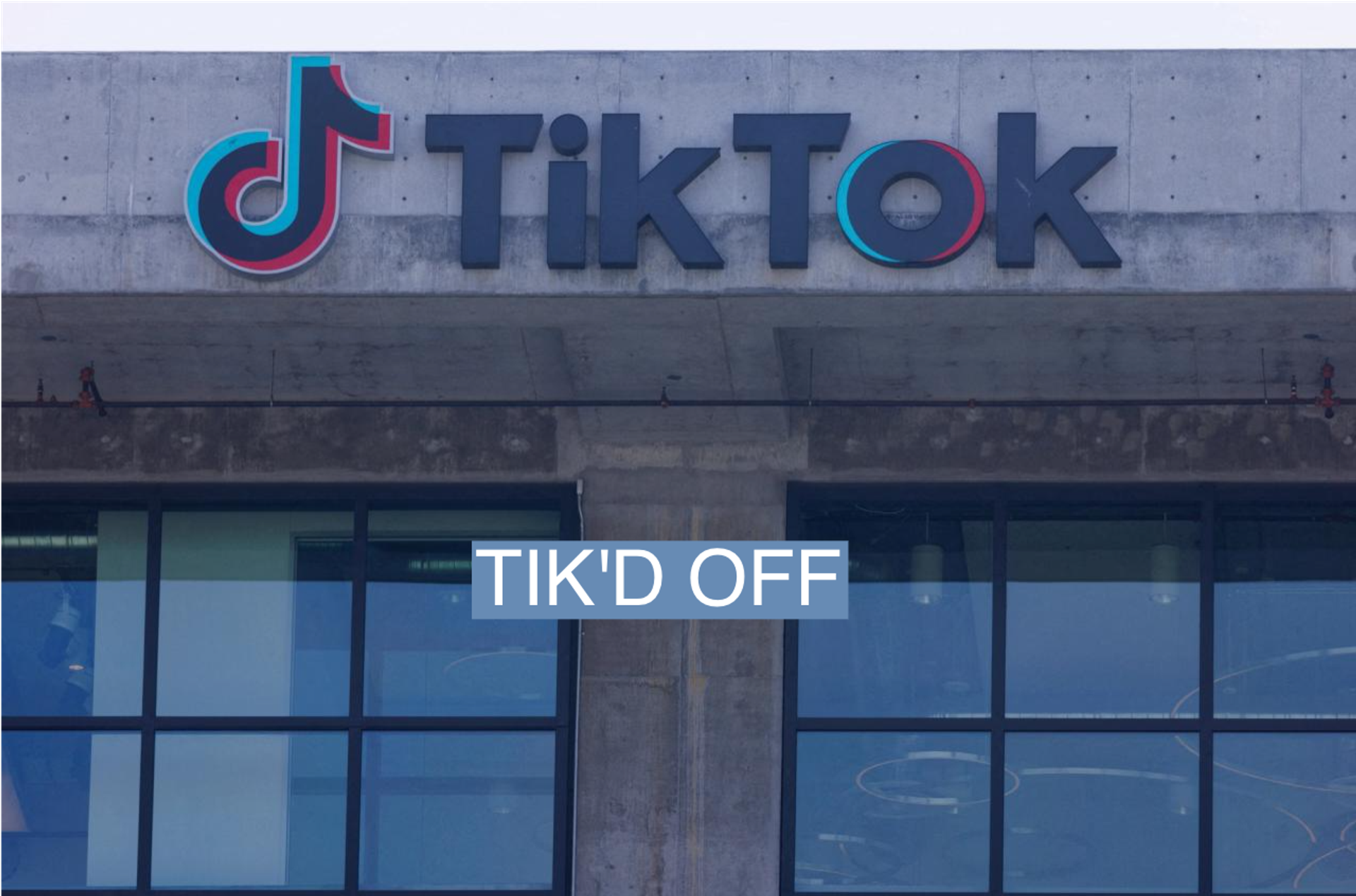The News
A plan by U.S. lawmakers to force TikTok’s owner to divest or face a nationwide ban has met with accusations of hypocrisy from Chinese nationalists on social media, who blasted the move as an assault on freedom of speech.
As the House of Representatives moved to quickly advance the bill, Chinese netizens reacted with incredulity to the notion that the U.S. would ban ByteDance’s wildly popular app, which has 150 million users in the United States.
State-run tabloid the Global Times called the move “hysterical” and said politicians were “playing the China-bashing card,” while other outlets highlighted the impracticality of the legislation.
Some aligned themselves with former President Donald Trump — who after nearly outlawing the app in 2020 now says he opposes a ban — with a paradoxical moment of confluence between right-wing American ideology and that of Chinese nationalists.
SIGNALS
Chinese bloggers say TikTok ban will curtail Americans’ freedom of speech
Chinese nationalists lambasted the U.S. government for seeking to muzzle social media – a criticism that is somewhat ironic, given Beijing’s heavy censorship of the internet. “In its explicit propaganda, the freedom of speech promoted by the U.S. government is allegedly the freedom for all people to speak freely,” stated Coollabs, a popular tech policy blog on China’s WeChat platform. “But behind the scenes, it is actually a ‘freedom’ of the people to choose words and speak within this establishment that the US government has crafted.” The blog also praised Trump as an “old comrade who loves to tell the truth” — despite the former president’s current opposition to a TikTok ban appearing mostly aimed at not wanting to boost support for Facebook, which he called the “enemy of the people,” The Washington Post reported. Meanwhile, conspiracy theories circulating on the Chinese internet suggested that Washington had moved to rein in TikTok over fears it was turning users away from the establishment narrative of supporting Israel in its war on Gaza.
China would move to block a TikTok sale, while a ban is seen as unworkable
Any deal for ByteDance to sell off TikTok would need approval from China’s Ministry of Commerce – something that is unlikely given the ministry fiercely opposed a similar sell off last year, Xiákè Zhàn, a nationalist WeChat blog that focuses on China’s foreign affairs, explained. “Any attempt to rob TikTok will be stopped by [China]” the blog stated. Even beyond bureaucratic hurdles, it would be practically impossible for Washington to completely ban TikTok, the blog argued. More than 150 million Americans have the app, and users would likely still have access even if it were taken down from app stores. However, it remains unclear whether TikTok could maintain the app’s performance if it were barred from app stores.
ByteDance’s investment in Beijing-backed chip firm may undercut claims of independence
TikTok has repeatedly claimed that it remains independent of Beijing’s control, but the corporate affairs of parent company ByteDance have led some to question the assertion. The Chinese tech giant recently invested an undisclosed amount in InnoStar Semiconductor, a Shanghai-based memory chip firm that is backed by the Chinese government, The Information reported — a deal that has raised eyebrows, as Beijing races to catch up to the U.S. in the chip race. ByteDance told The Information that the investment was to help advance its virtual reality program, but since it aligns closely with China’s national security initiatives, the deal “may undercut TikTok’s efforts in the U.S. to persuade Washington that the company isn’t an arm of the Chinese government,” the news outlet stated.

